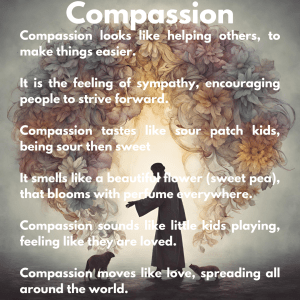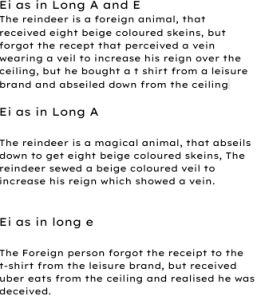LI: to read the text, gather, sort, graph, and analyse the data.
LI: to understand the meaning of Mode, Median, Mean

For our task we made a statistical investigation about our blog posts over the years. (Year 7 was 2021 – 2023 and Year 8 was 2020 – 2023.) We went on our old blogs and counted each blog post we did in each month. For example: in March 2021 I blog 11 posts. Other way of learning statistical investigation is learning the meaning of: Mean, Median, and Mode:
The Meaning of Mean is: the total of the group of numbers.
The Meaning of Mode is: seeing the most appeared number in the group of numbers. For example: if there is 11, 12, 13, 15, 12, 11, the most appearing number is 12 because it apppear 3 times in the group.
The Meaning of Median is: finding the middle number in the group, but first putting it from smallest to largest and then finding the middle number.
I enjoyed this task because I learnt how to make a bar graph for my investigation. My favourite part in the statistical investigation is looking at my old blogs and comparing it to my recent blogs.


